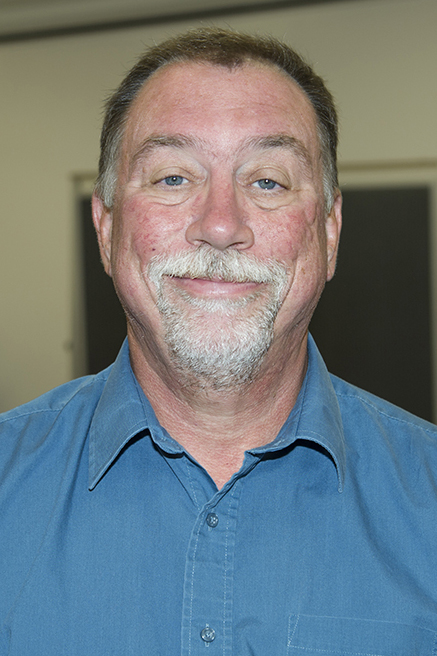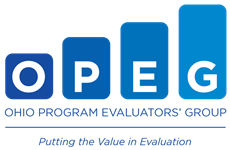During this course, students will gain an understanding of the Disaster Cycle, concentrating on the Mitigation Phase. They will examine disaster planning on a personal level developing a disaster plan and examine Awareness and Attitude during disasters and daily life.
About the Course
This course will teach the student how to survive when everything we normally take for granted is gone, when the structures we depend on have failed. We will examine the Disaster Cycle, particularly the Mitigation and Recovery phases. Students will prepare an extensive personal preparedness plan covering such topics as supplies, communication, food and water, shelter, security, and comfort (yes even in survival there can and should be comfort). We also look at preparedness on the institutional and government levels.
We will look beyond these plans towards the one aspect of survival, which will enable a person to survive when all planning has failed. Disasters, by definition, overwhelm all available resources. If all available resources are gone, only one thing will keep a person alive and that is their attitude. A persons awareness and attitude, the two are closely linked, allow a person the means to remain calm, avoid panic, and draw upon resources within and outside the person to survive when their world has failed. In truth not everyone survives in extreme circumstances; people die, but, even in death, attitude, if it cannot save you, provides some degree or comfort.
About the Instructor(s)
 Michael Beach
Michael Beach is an assistant professor in the University of Pittsburgh School of Nursing. He teaches in the Acute Care Nurse Practitioner area of concentration and coordinates the 2nd Degree Accelerated BSN Program. His courses include: Ethics in Health Care, Graduate and Undergraduate Physical Assessment, Heath Risks, Clinical Diagnostics, and Fundamentals of Disaster and Mass Casualty Care.
He is an Acute Care Adult and Primary Care Pediatric Nurse Practitioner and practices Emergency Medicine. He received his Doctor of Nursing Practice in 2009 and published Disaster Preparedness and Management (F.A. Davis) in 2010; he has presented nationally and internationally. Dr. Beach has been involved with volunteer search and rescue for over 20 years and is a member of the Disaster Medical Assistance Teams (DMAT) part of the Department of Health and Human Services. He has been involved with disaster responses including the Gulf Coast of Mississippi after Hurricane Katrina and in Haiti after the 2010 earthquake.
Course Syllabus
Disaster Preparedness: How we mitigate the effects of disasters on a personal, institutional, and governmental levels
During this course, students will gain an understanding of the Disaster Cycle, concentrating on the Mitigation Phase. They will examine disaster planning on a personal level, including developing a personal or family disaster plan. Institutional and governmental planning will be examined to gain an understanding of the process, the difficulties involved, as well as the successes and failings. Other issues to be discussed include: Attitude and Awareness, ethical considerations, violence, and compassion in light of the realities of disasters and their effects. The course will be designed to be interactive and include a great deal of input and discussion from the students.
Upon completion of this class, the student will be able to:
- Discuss the elements of disaster preparation and response.
- Demonstrate critical thinking in awareness, preparation and application of disaster response and management on a personal, local and national level.
- Utilize critical thinking and psychomotor skills in the assessment of potential disaster and mass casualty situations.
- Analyze the implementation of evidence-based, holistic, cost effective planning for disaster and mass casualty situations.
- Analyze ethical dilemmas encountered in the specialty setting and the methods by which advanced practice nurses assist the patient, family and other health care providers with resolution.
Content will include:
- The Disaster Cycle and its evolution
- Personal preparedness
-
- Communication
- Security
- Supplies and other stuff
- Shelter, Food and Water
- Comfort
- Preparedness on the level of institutions and governments
- Ethical considerations including Justice and the distribution of resources, Utilitarianism, and person responsibility
- Factors which limit mitigation such as personal freedom and financial considerations
- Examples and realities from disaster response such as Memorial Hospital after Hurricane Katrina and personal experiences from the faculty
- Attitude and Awareness
Recommended Background
No specific background is required, all with a willingness to participate and learn are welcome.
Suggested Readings
Strongly recommended:
- Deep Survival, Gonzales, Laurence, Norton, W. W. & Company, Inc., 2004
Further reading:
- Medical Response to Terrorism, Preparedness and Clinical Practice, Keyes, Daniel MD, MPH, Lippincott Williams & Wilkins, 2005
- Disaster Medicine, Hogan, David E., D.O., F.A.C.E.P., Lipincott Williams & Wilkins, 2002
Course Format
This class will consist of lecture videos and PowerPoint presentations. There will be no quizzes or exams, but the student will prepare and extensive person preparedness plan for themselves in light of their living situation. There will be other reflective papers or posts concerning the need for preparedness, awareness and attitude, self defense, the need to provide assistance during a disaster, and other topics.
